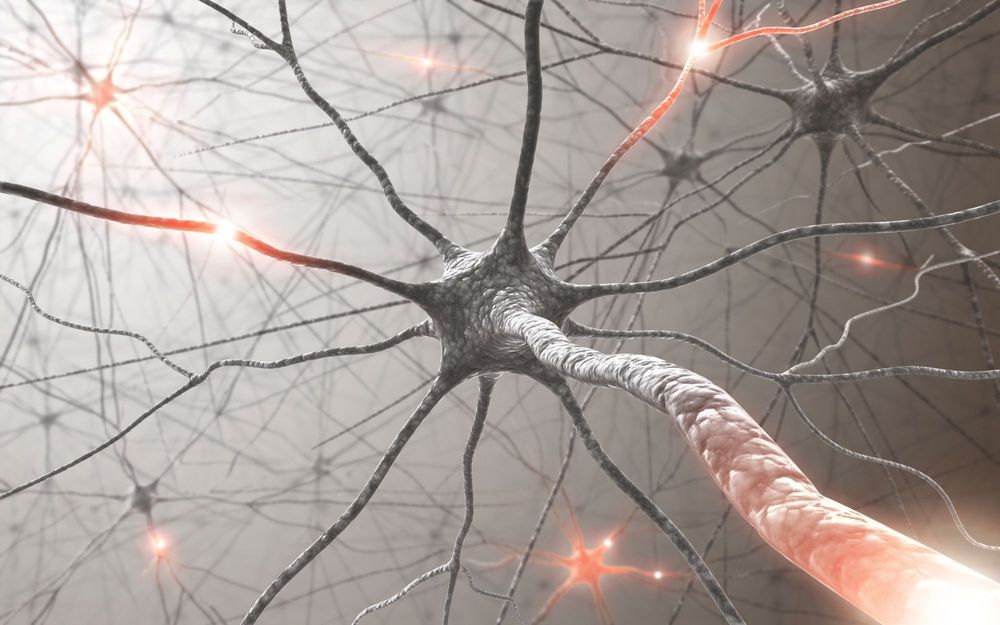
New research, led by scientists from the University of Rochester, has homed in on a mechanism responsible for causing the cognitive impairment seen in patients who receive cranial radiotherapy for brain cancer. This new understanding is hoped to lead to the development of novel ways to protect the brain from damage in the course of receiving life-saving cancer treatment.
Nearly 25,000 people in the United States are diagnosed with brain tumors every year, and many will undergo radiotherapy as a vital part of the treatment process. Sadly, more than 80 percent of patients administered a form of treatment known as whole-brain radiation therapy go on to develop permanent signs of cognitive impairment.
Prior research has discovered radiation delivered to the brain in the course of a cancer treatment seems to activate a brain immune cell known as microglia. Overactive microglia can damage healthy brains by destroying the synapses that connect neurons.


















